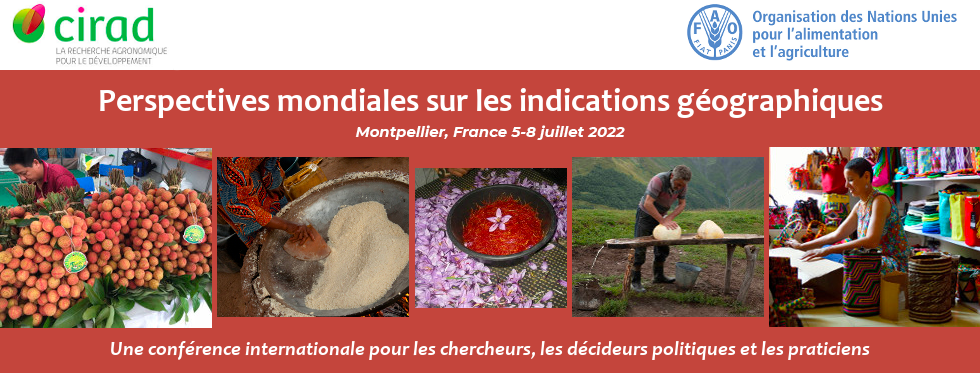Traditional knowledge (TK) and traditional cultural expressions (TCE) have value that make up the social, cultural, belief system, economic, scientific, and intellectual essences of territories and their resources. The present analytical effort aims primarily at describing and criticizing a separation between technical and scientific fields which, when it comes to Geographical Indications (GI), should not be separated from each other: Industrial Property and the sui generis protection of symbolic heritage. The problem offers an opportunity to understand, enhance and expand the movement of self-affirmation of identity by collective subjects who are holders of GI in Brazil. This paper proposes an interdisciplinary look at how and to what extent the Normative Instruction N° 095/2018 of the National Institute of Industrial Property (INPI), which regulates the registrations of national GI, enables the safeguarding of TK, through the recognition, incorporation and/or protection of knowledge and know-how associated with the uniqueness of products with territorial specificity, also called 'products of origin'. This discussion is supported by approaches from Geography and Cultural Studies, in interaction with technical-legislative contributions of Intellectual Property (IP). It is justified by the flagrant confusion or mismatch between the various approaches to TK and know-how in the Brazilian GI ecosystem. Although it is a fact that there is no consensus on a single approach that prevails worldwide, even among scholars of the theme, the lack of synchrony may find in the IP legislation in force forms of compatibility, as it is intended to show in this work. The proposed methodology is a qualitative exploratory approach, through case studies of GIs with cultural heritage listed by the National Historic and Artistic Heritage Institute (IPHAN). The technical specifications of the five (5) registrations already obtained by GI's with cultural heritage under sui generis protection in Brazil were analyzed, as were the dossiers prepared and published by IPHAN about the cultural heritage protected. In addition, a bibliographical survey of books, journals and dissertations on the subject was carried out; Law 9. 279/96 and INPI's Normative Instruction No. 95 were also consulted. As a result, strategies of compatibilization and/or convergence between the legislations of industrial property and sui generis protection in Brazil were identified, when applied on territorial resources supported on TK. As well as the composition of the panorama of public policies that concur, in the scope of IP, for greater interlocution among intellectual property assets, having in mind the ample safeguarding of cultural heritage inserted in the scope of global commercial agreements.

Actes de la Conférence > Contributions par auteur > Pena Lara
TRADITIONAL KNOWLEDGE AND GEOGRAPHICAL INDICATIONS: A CRITICAL ANALYSIS ON BRAZIL'S NORMATIVE INSTRUCTION 095/2018
1 : Universidade do Estado da Bahia
(UNEB)
-
Site web
Rua Silveira Martins, 2555, Cabula. CEP: 41.150-000 - Salvador - BA. -
Brésil
2 : Brazilian Institute of Geography and Statistics
(IBGE)
-
Site web
3 : Creative Economy Observatory of Bahia
(OBEC - BA/BR)
-
Site web
4 : Food Safety and Informal Food Trade
(SACIA)
-
Site web
* : Auteur correspondant
 PDF version
PDF version
